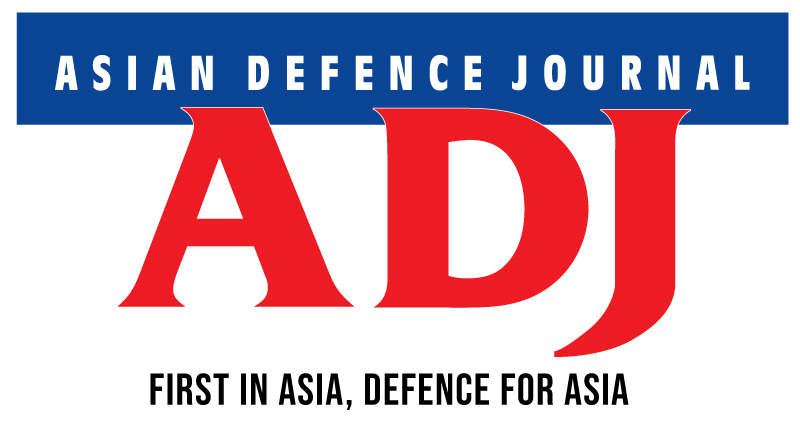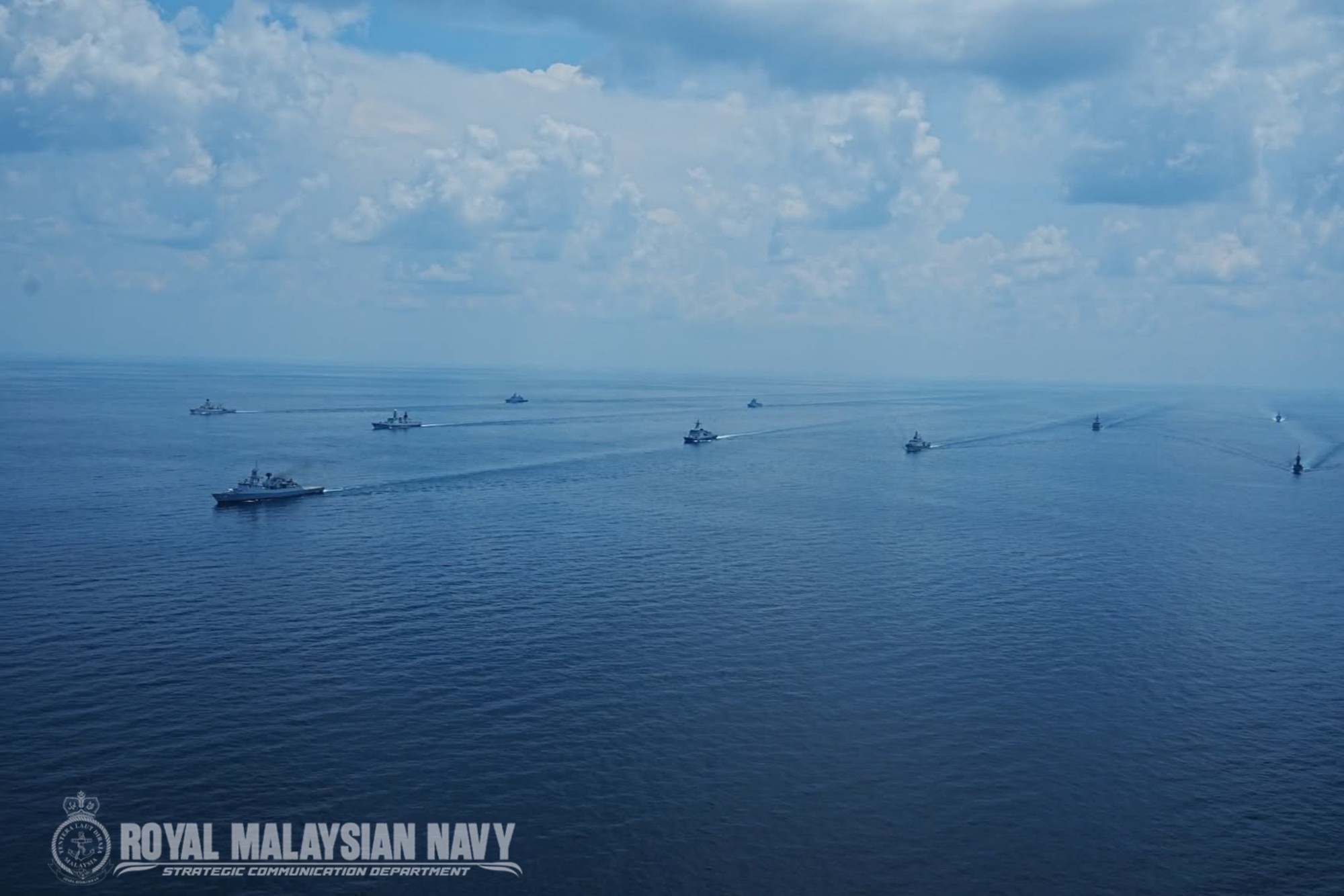Regional Unity And Strategic Resolve In The South China Sea
Dr Sumathy Permal & Haikal Amran — Maritime Institute of Malaysia (MIMA)
ONE of the MIMA flagship conferences– the South China Sea (SCS) Conference 2025 will take place in Kuala Lumpur from Nov 17-18, seeking to address the myriad, complex and multi-layered issues in the SCS featuring prominent international experts within the field, including Gregory Poling, Prof Bec Strating, Prof Leszek Buszynski, Aristyo Rizka Darmawan, Thomas Benjamin Daniel, Prof Kentaro Furuya and Julio Amador III to name a few. The conference, as in the previous series, will provide a Track Two platform for promoting dialogue on SCS and increasing cooperation among claimants and non-claimants in the SCS. For more information, visit www.mima.gov.my .

THE trade war between the US and China has intensified following a series of retaliatory trade barriers imposed between the two biggest economic power in the world, triggering a ripple effect that is felt globally. This is particularly concerning for economies in this region, especially given that the South China Sea (SCS) is a critical sea lane for the international trade network. Understanding the economic challenges and formulating appropriate policies by countries to withstand economic turbulence has been tough, particularly for countries that rely on the SCS for trade and commerce.
Alongside the aforementioned trade war, the larger Indo-Pacific maritime region has also become increasingly volatile with the continuation of the great power rivalry between the US and China. While US-China relations continue to dominate the regional landscape, other Indo-Pacific players such as Japan, Australia and the European Union still retain the agency to shape regional developments and influence the evolving strategic order.
This shifting and volatile dynamic creates an urgent imperative for the smaller Indo-Pacific states to leverage their political and diplomatic strengths and cooperatively strive towards a more stable rules-based order in the SCS, in accordance with the 1982 United Nations Convention on the Law of the Sea (UNCLOS 1982).
Within the Indo-Pacific, the SCS becomes the maritime focal point where this volatility resonates the most. As such, the SCS issue has undeniably turned into a highly nuanced topic. Currently, the power asymmetry among the littoral states has tremendously affected their responses and actions in the disputed areas of the sea. On top of that, the SCS is also a hotspot for transboundary threats such as illegal, unreported and unregulated (IUU) fishing and dark fleet. In addition, marine environmental protection is also imperative in the region. A collective effort between littoral states is most beneficial in eliminating these threats.
While claimant states in the SCS continue to proactively manage their overlapping maritime claims, the issue of law enforcement has become increasingly complex and sensitive. The role of law enforcement in these contested waters extends beyond maintaining security, as they also deal with matters of sovereignty and the protection of marine resources. The situation is further complicated by the growing overlap between law enforcement and militarisation. In some instances, coast guard operations are carried out using heavily armed vessels, blurring the distinction between civilian law enforcement activities and military action. This has led to the proliferation of “grey zone” tactics, where non-military actors such as fishing militias or coast guards are employed to assert territorial claims without actually instigating an open conflict.
This situation further undermines the effective management of issues in the SCS, particularly due to the absence of coordination among states in the region. Unlike the Straits of Malacca and the Sulu-Celebes Seas, which are supported by cooperative mechanisms such as the Malacca Straits Patrol (MSP) and the Trilateral Cooperative Arrangement (TCA), the SCS lacks a unified regional enforcement framework. The absence of such coordination increases the risk of escalation, where even minor incidents like ship collisions or manoeuvring mishaps could quickly spiral into diplomatic or military crises.
Regrettably, differing outlooks adopted by different states in the region on the evolving landscape of the SCS have created a fragmented approach that risks undermining a timely and cohesive resolve from regional institutions such as the Association of Southeast Asian Nations (ASEAN). Besides, the precarious state of today’s geopolitics is also disrupting the dynamic between states in the region, further undermining the prospect of regional unity. At the regional level, the long-awaited Code of Conduct (COC), despite progressing towards its final reading, remains overshadowed by real-world hostilities, such as the Second Thomas Shoal and the Scarborough Shoal incidents. Against this backdrop, ensuring the rule of law and sustainable resource management according to UNCLOS 1982 in the SCS remains crucial to preserving economic resilience due to the region’s high degree of interconnectedness and interdependence.
Geopolitical uncertainty and power asymmetry in the SCS have created another layer of urgency for ASEAN to develop more self-reliant and coordinated strategies under a united front. As the current holder of the ASEAN Chairmanship in 2025, Malaysia has shown commitment towards bridging these divides. Malaysia firmly champions the cause of ASEAN unity. As such, Malaysia consistently upholds the importance of a united ASEAN in maintaining regional stability, mitigating great power rivalry and ensuring a consistent and collective approach to the SCS.–-shp/adj/dl (Pix:RMN)


